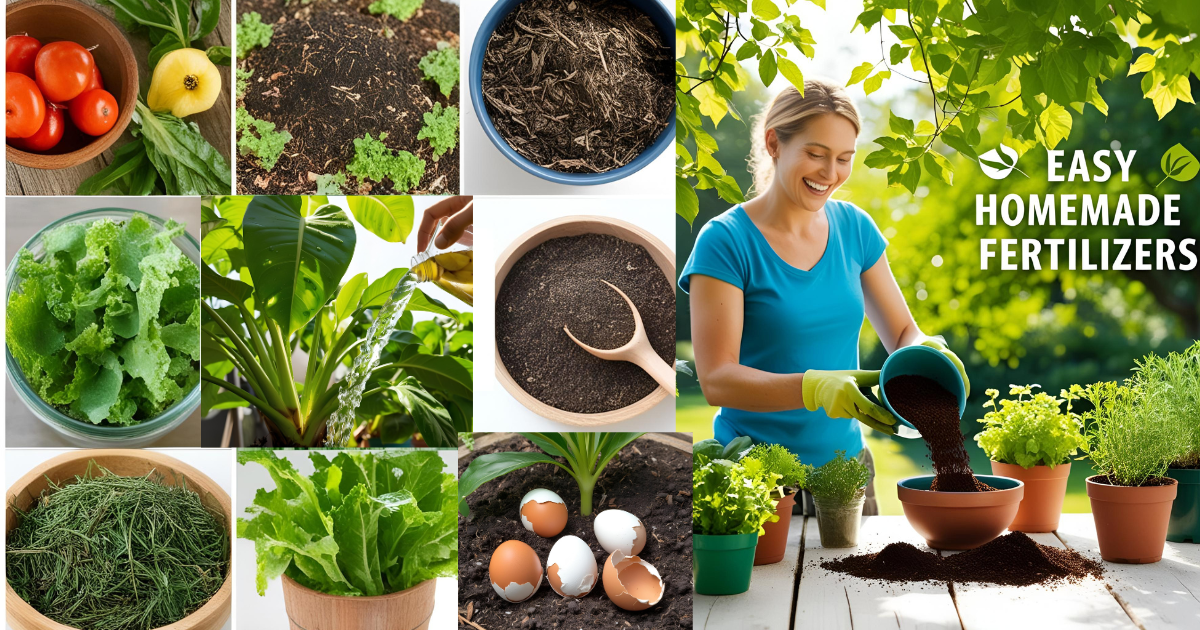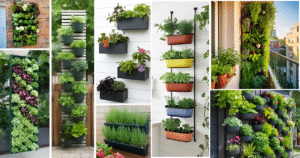Chemical fertilizers may offer fast results, but they often come at the cost of soil health and the environment. If you’re looking for a sustainable and wallet-friendly way to nourish your garden, homemade natural fertilizers are a brilliant solution. Not only are they effective, but most can be made with everyday kitchen or garden waste.
From banana peel tea to compost boosters and calcium-rich eggshell blends, DIY fertilizers help enrich your soil with essential nutrients while keeping things organic. They’re perfect for vegetable gardens, flower beds, or container plants—and they’re beautiful. They’re a zero-waste lifestyle.
In this post, we’ll learn easy recipes and tips for making your natural fertilizers at home. Each is simple, effective, and uses materials you likely already have.
Banana Peel Tea to Boost Potassium Levels
Soak banana peels in water for 2–3 days to make a liquid feed rich in potassium—perfect for flowering and fruiting plants.
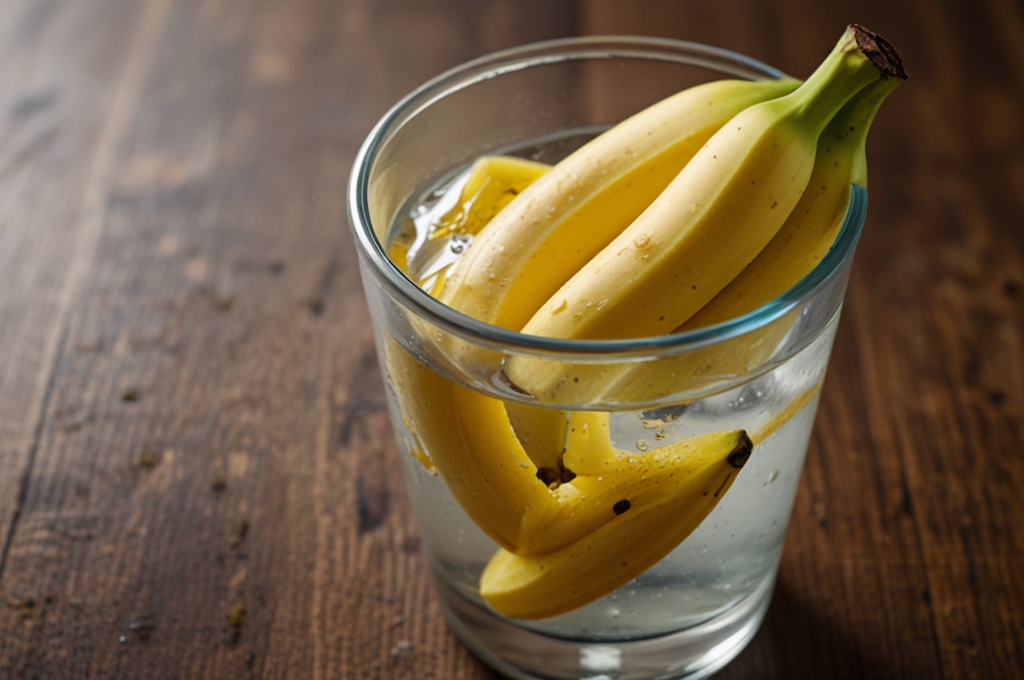
Crushed Eggshells to Add Calcium to Soil
Dry and crush eggshells to sprinkle around plants. They slowly release calcium and deter slugs.
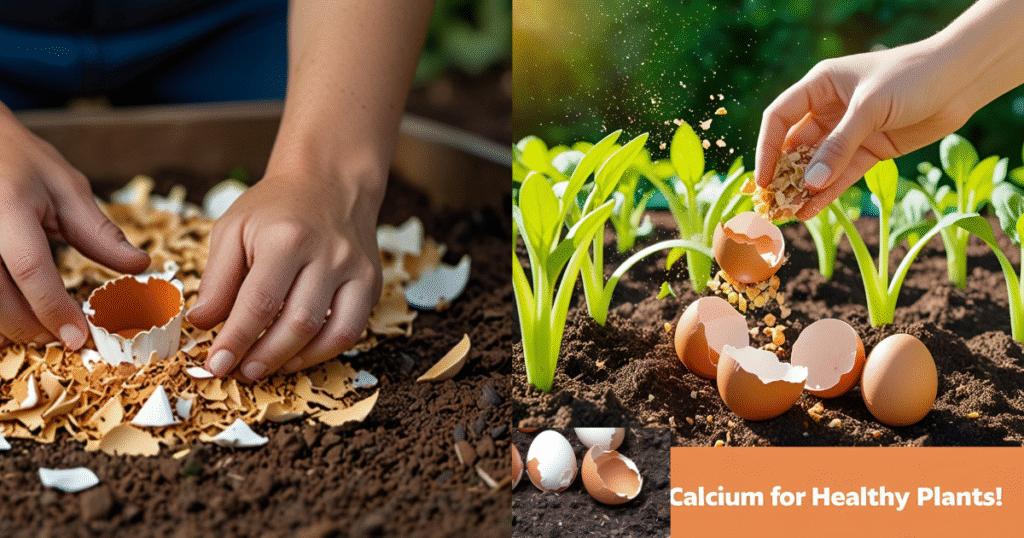
Compost Tea for a Nutrient-Rich Boost
Brew aged compost in water to create a microbe-packed tea that feeds soil and plants naturally.
Coffee Grounds to Enrich Acid-Loving Plants
Coffee grounds are used to add nitrogen and improve texture. Ideal for blueberries, roses, and hydrangeas.
Fish Tank Water for a Quick Nitrogen Fix
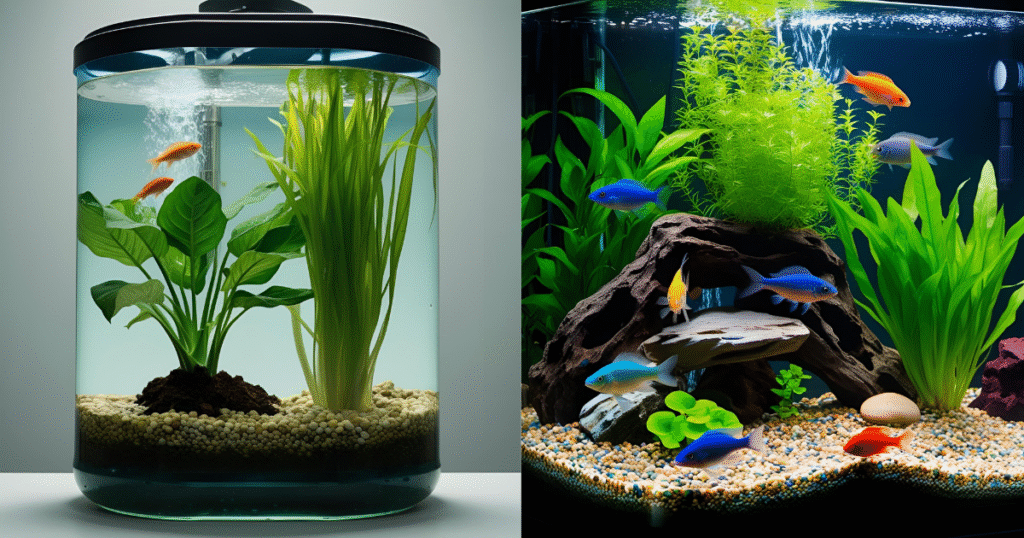
Unchlorinated, dirty aquarium water is loaded with nutrients—and poured directly into the soil.
Rice Water to Strengthen Root Growth
The starchy water from rinsing rice encourages beneficial microbes and supports root development.
Epsom Salt Spray to Promote Greener Leaves
A mix of Epsom salt and water delivers magnesium and sulfur, which help with chlorophyll production.
Molasses Mix to Feed Soil Microbes
Molasses diluted in water provide sugar to feed beneficial microbes and improve nutrient uptake.
Wood Ash as a Natural Potash Source
Sprinkle-cooled fireplace ash on the soil to raise pH and add potassium, especially for root vegetables.
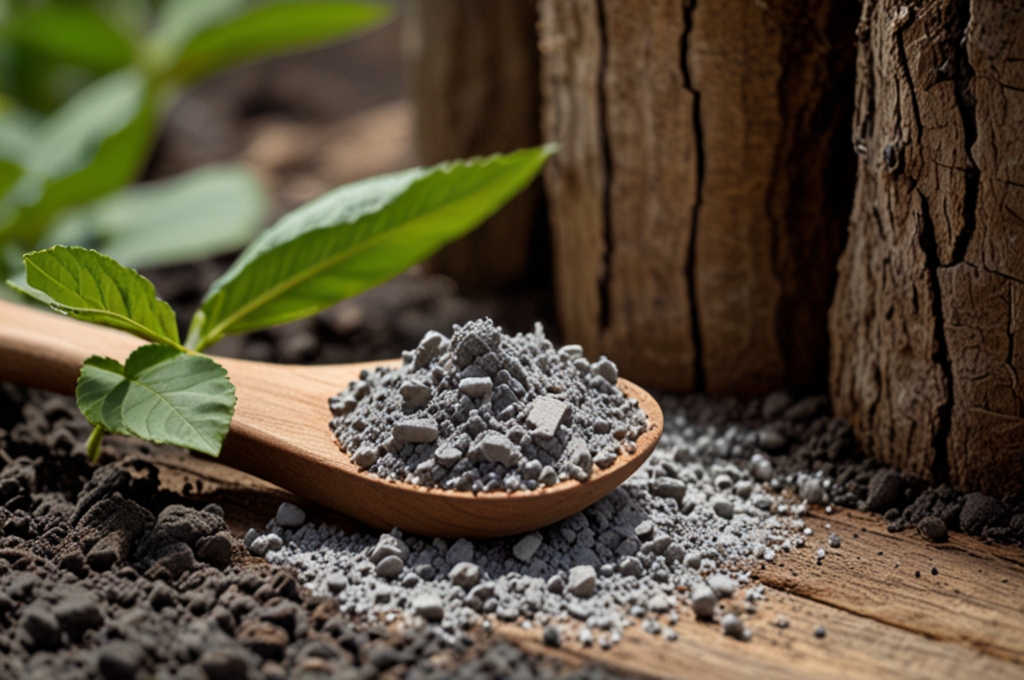
Seaweed Soak for Micronutrient Enrichment
Soak fresh or dried seaweed in water for a week to make a liquid fertilizer rich in trace elements.
Grass Clipping Tea for Fast Nitrogen
Ferment grass clippings in water to create a high-nitrogen feed ideal for leafy greens.
Fermented Fruit Peel Fertilizer
Anaerobically ferment mixed fruit peels with water and sugar to make an all-purpose tonic.
Used Black Tea Leaves for Trace Minerals
Sprinkle-dried tea leaves into the soil to improve texture and add nutrients like phosphorus.
Alfalfa Meal for Root Growth Stimulation
This organic powder is excellent for roses and perennials. You can mix it into the soil or brew it into a tea.
DIY Bokashi Bucket for Indoor Fertilizer
Use a bokashi composter to break down kitchen waste quickly into pre-compost, even in small quantity.
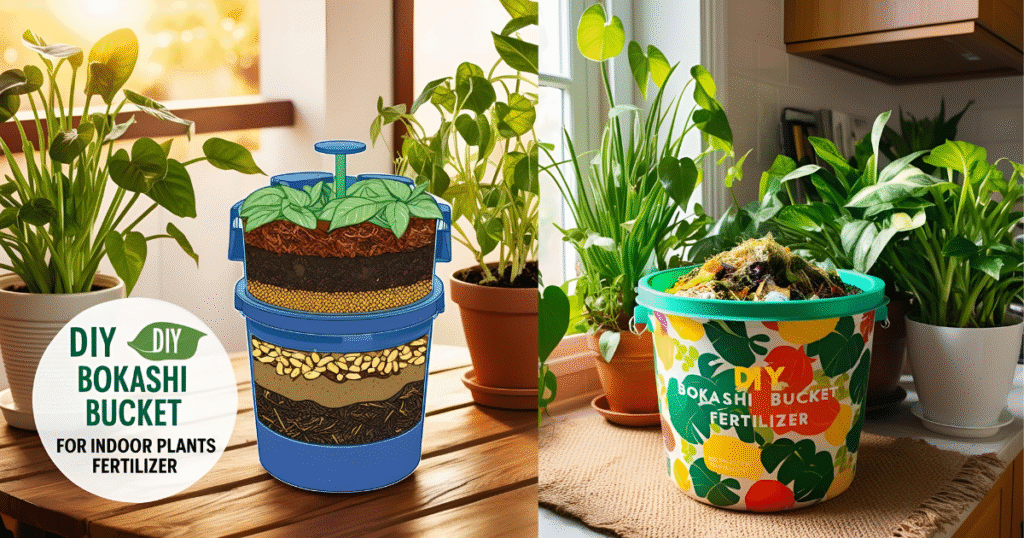
Summary
Creating your natural fertilizers at home is not only easy and cost-effective, but it also supports a healthier, more sustainable garden. You can nourish your plants with simple ingredients like banana peels, eggshells, rice water, or compost tea while reducing household waste. Whether growing vegetables, herbs, or ornamental flowers, these DIY solutions are a great alternative to store-bought chemical fertilizers.
By understanding your plants’ needs and using what you already have in your kitchen or yard, you can create thriving plants that are kind to the environment. Give a few of these natural recipes a try and enjoy the satisfaction of growing greener—literally and figuratively.
Disclaimer
These natural fertilizers are safe for most garden plants when used in moderation. However, results may vary depending on soil type, plant species, and local climate. Always test new applications in a small area before widespread use, and avoid overapplying any one ingredient. If you’re growing edible crops, ensure all materials are chemical or contaminant-free.

